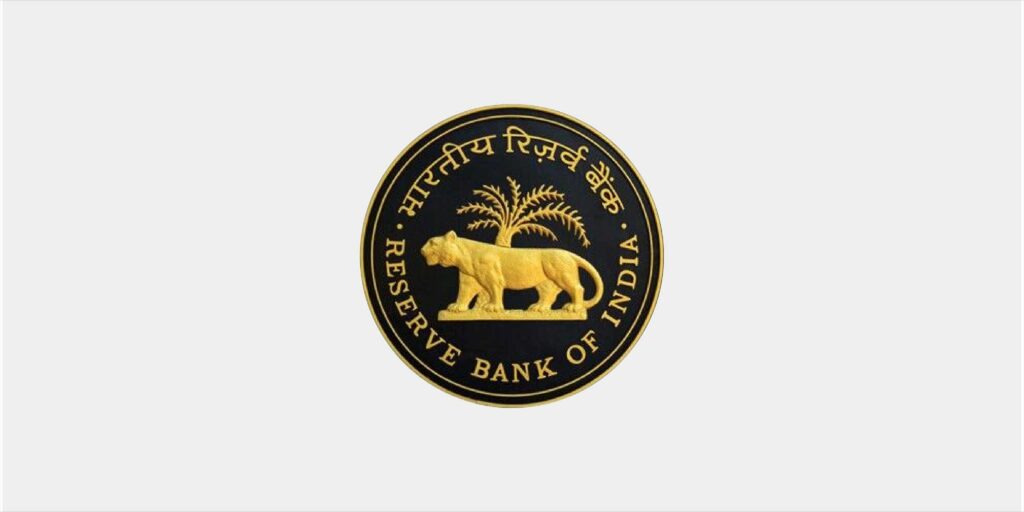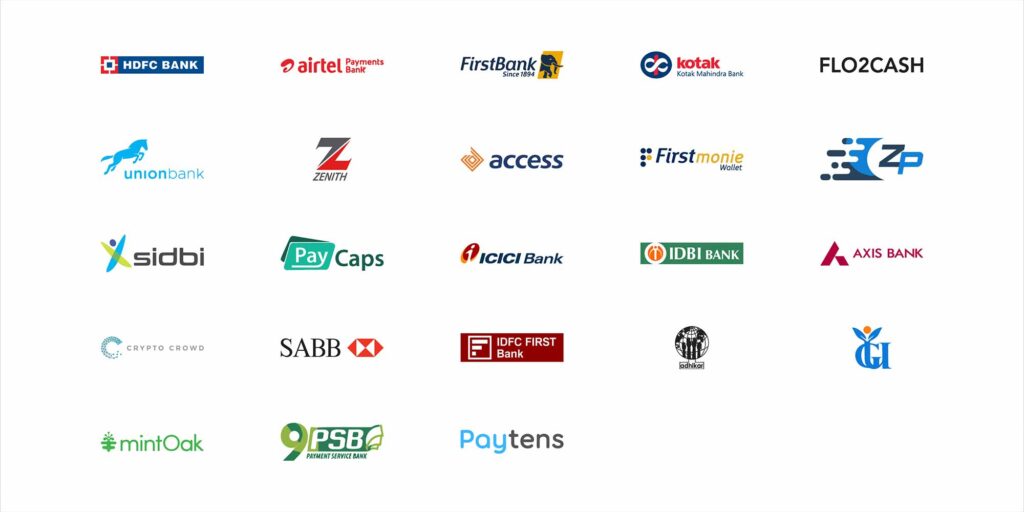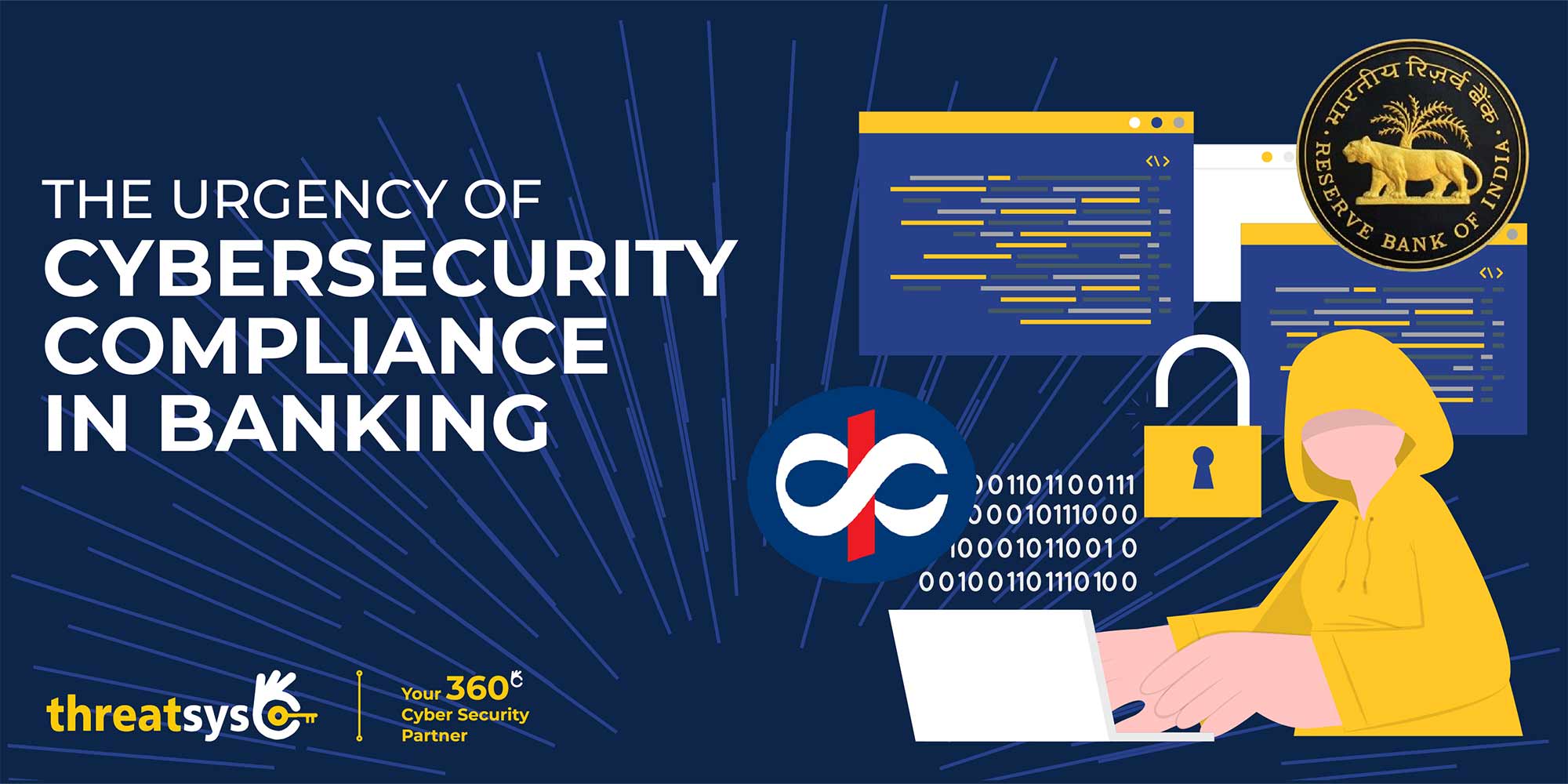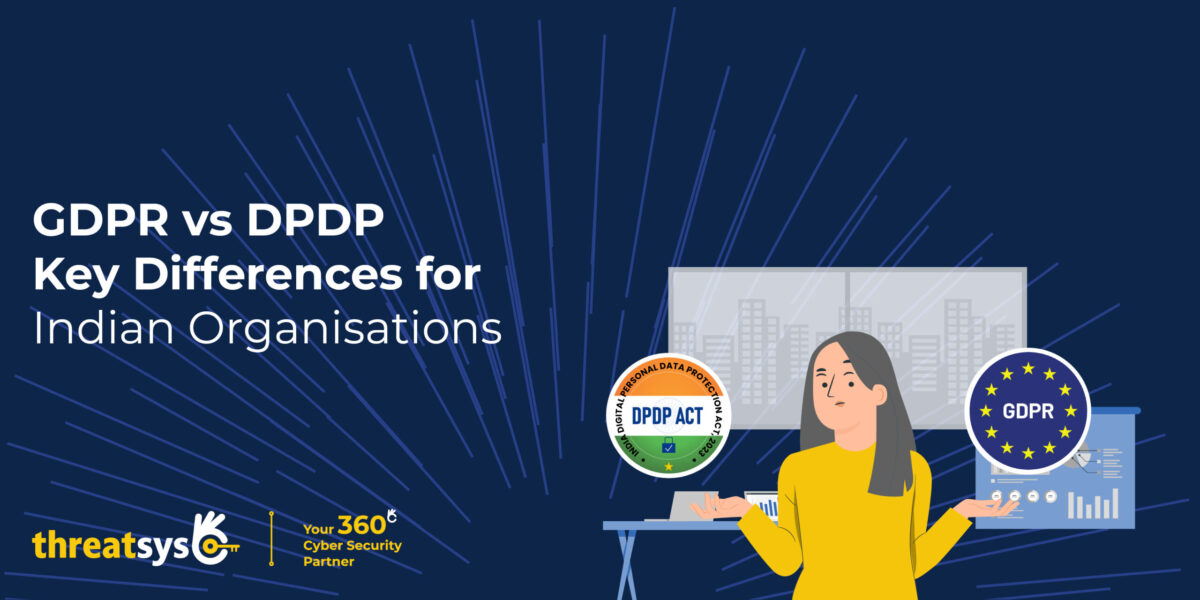Understanding the Importance of Information Security in Banking
In the wake of the recent crackdown by the Reserve Bank of India (RBI) on Kotak Mahindra Bank due to lapses in information security and risk governance, the spotlight once again shines on the critical importance of cyber security compliance in the banking sector. The RBI, often referred to as the ‘Regulatory Bank of India,’ is leaving no room for compromise when it comes to safeguarding the integrity of India’s financial ecosystem
The stringent measures imposed on Kotak Mahindra Bank, including the prohibition of onboarding new customers through digital platforms and issuing new credit cards, serve as a stark reminder of the consequences of inadequate cyber security measures. The bank’s recurrent IT system failures, culminating in a service disruption on April 15, 2024, highlight the urgent need for a robust IT infrastructure and IT risk management framework within financial institutions.

But why do such lapses persist despite significant investments in governance, risk, and compliance (GRC) frameworks? The answer lies in the ever-expanding sprawl of personally identifiable information (PII) and payment card industry (PCI) data, coupled with the challenge of securing access across multiple users and services. Moreover, traditional solutions often fall short when it comes to addressing the unique complexities of Indian datasets.
Despite assurances from Kotak Mahindra Bank of uninterrupted services, including credit card, mobile, and net banking, the market reaction was swift, with the bank’s shares plummeting by 10 percent following the news. However, the bank remains committed to swiftly resolving its IT system issues in collaboration with the RBI.

This is not an isolated incident; in 2023, the RBI uncovered major regulatory lapses at ICICI and Kotak Mahindra Bank. ICICI Bank faced a penalty of ₹12.19 crore for various violations, including improper loan disbursements and failure to report fraud promptly. Similarly, Kotak Mahindra Bank was fined ₹3.95 crore for deficiencies in due diligence on service providers and improper customer contact hours. These penalties underscore the RBI’s unwavering stance on regulatory compliance within the banking sector.
In light of these developments, the imperative for cyber security compliance has never been clearer. Financial institutions must not only meet regulatory standards but also embrace advancements in cybersecurity technology to stay ahead of evolving threats. Collaboration between regulators, banks, and technology partners is essential to fortify the resilience of India’s financial infrastructure against cyber attacks.

It is heartening to see the emergence of companies like Threatsys, a leading cyber security firm specializing in the fintech and banking industries. With a track record of securing over one billion transactions annually and protecting international banks and fintech clients, Threatsys exemplifies the critical role of proactive cyber security measures in safeguarding financial institutions and their customers.
In conclusion, the Kotak crackdown serves as a wake-up call for the Indian banking sector to prioritize cyber security compliance as a strategic imperative. By investing in robust IT infrastructure, adopting advanced cyber security measures, and fostering a culture of collaboration and innovation, Indian banks can navigate the digital landscape with confidence, ensuring the integrity and resilience of India’s financial ecosystem for generations to come. By embracing a culture of security and innovation, Indian banks can pave the way for a safer and more resilient financial future.

Furthermore, conducting regular RBI cyber security audits can help banks identify vulnerabilities and ensure compliance with regulatory standards. Collaborating with reputable cyber security companies in India, such as Threatsys, can provide banks with the expertise and technology needed to strengthen their cyber defenses. With cyber security measures tailored specifically for the fintech and banking industries, these companies play a crucial role in protecting sensitive financial data and mitigating cyber threats.
In summary, cyber security compliance is not just a regulatory requirement; it is essential for safeguarding the trust and integrity of India’s financial institutions. By embracing robust cyber security measures and partnering with reputable cyber security firms, Indian banks can fortify their defenses against cyber threats and ensure a secure financial ecosystem for all stakeholders.
Stay ahead of the game and protect your organization from cybersecurity attacks. Don’t wait for an attack to occur, take preventive measures today.

Increase your preparedness,
Solidify your security stance





